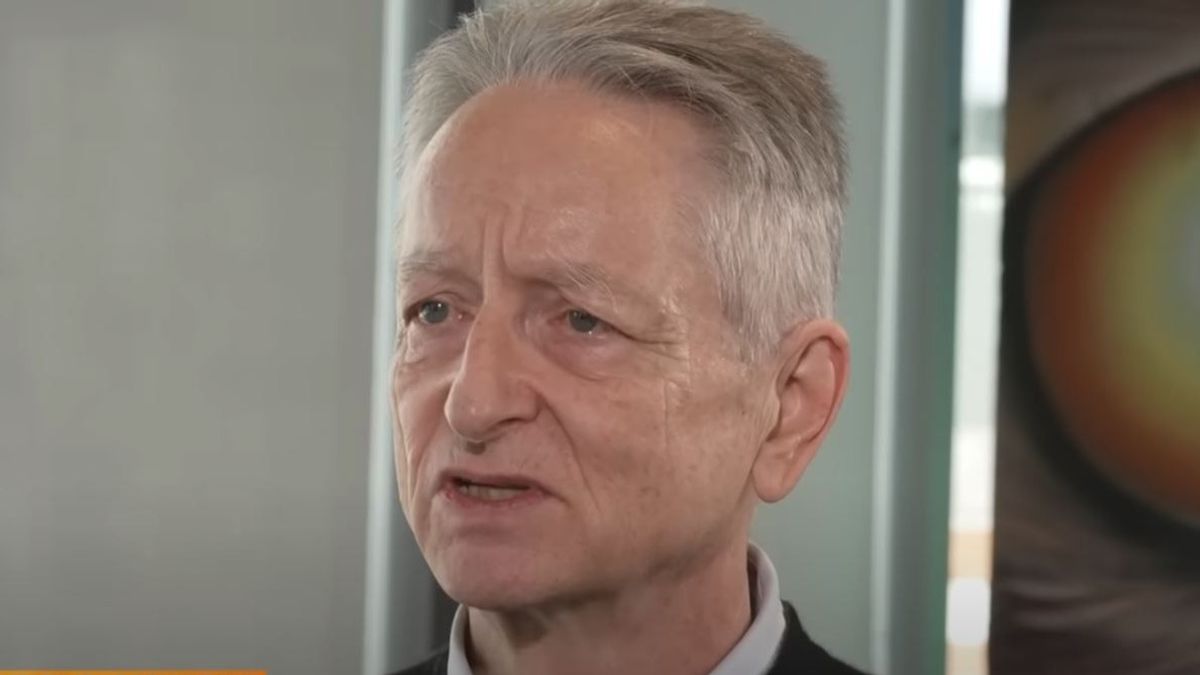JAKARTA - PInation of artificial intelligence (AI) Geoffrey Hinton said in an interview on Friday that AI could be a "more urgent" threat to mankind than climate change.
Hinton, known as one of AI's "fathers", recently announced that he had left Alphabet after ten years of working at the company, with the aim of expressing concerns about the risks of the technology without affecting his former employer.
Hinton's work is considered very important for the development of contemporary AI systems. In 1986, he was one of the authors of the seminal paper "Learning representations by back-propagating errors", a milestone in the development of the neural network underlying AI technology. In 2018, he was awarded the Turing Award in recognition of his research breakthrough.
However, he is currently among a number of technology leaders expressing concern about the possible threat posed by AI if those machines have greater intelligence than humans and take control of the planet.
"I don't mean this, reducing the importance of climate change. I don't want to say, 'You don't have to worry about climate change'. The risk is huge too," Hinton said, quoted by Reuters. "But I think this may end more urgently."
"With climate change, it's very easy to recommend what you have to do: you just stop burning carbon. If you do, eventually everything will be fine. For AI, it's not clear at all what you have to do," said Hinton.
VOIR éGALEMENT:
Microsoft-backed OpenAI started a tech arms race last November when creating an AI-powered chat, ChatGPT, available to the public. The chat soon became the fastest growing app in history, reaching 100 million monthly users within two months.
In April, Twitter CEO Elon Musk joined thousands of people in signing an open letter asking for a six-month hiatus in the development of a more powerful system than the GPT-4 recently launched by OpenAI.
Although Hinton supports signatories' concerns that AI may be an existential threat to humanity, he disagrees to stop research on AI.
"It's completely unrealistic," he said. "I'm in a camp thinking that this is an existential threat, and it's close enough that we have to work very hard now, and put a lot of resources into finding out what we can do about it."
The English, Chinese, Japanese, Arabic, and French versions are automatically generated by the AI. So there may still be inaccuracies in translating, please always see Indonesian as our main language. (system supported by DigitalSiber.id)













